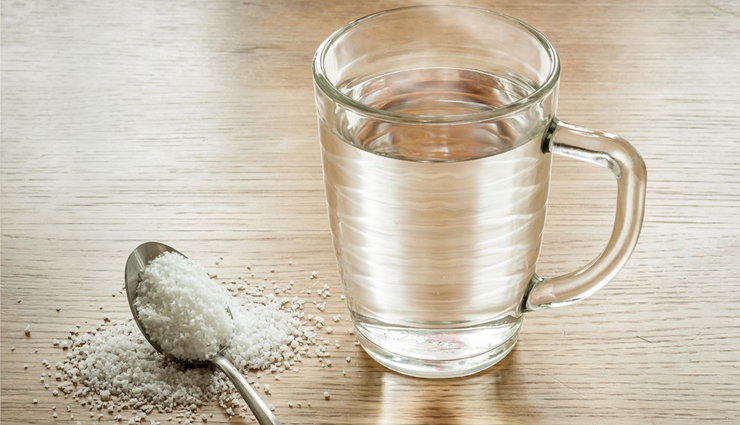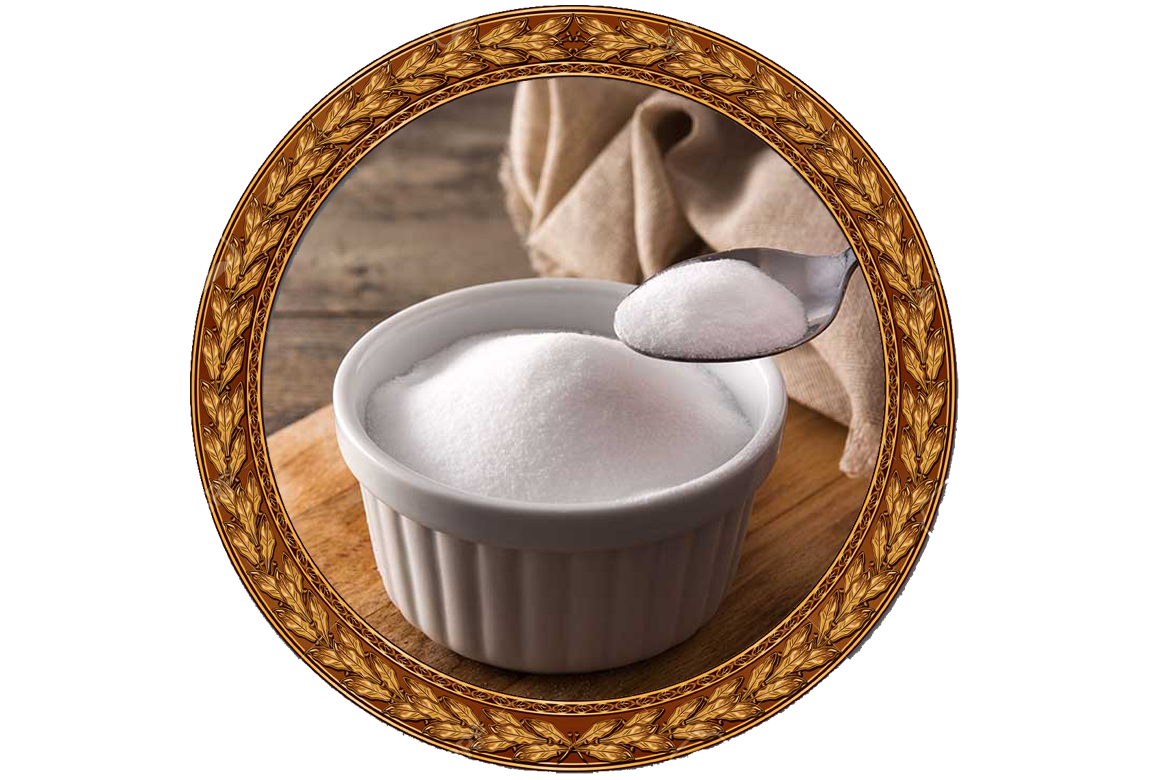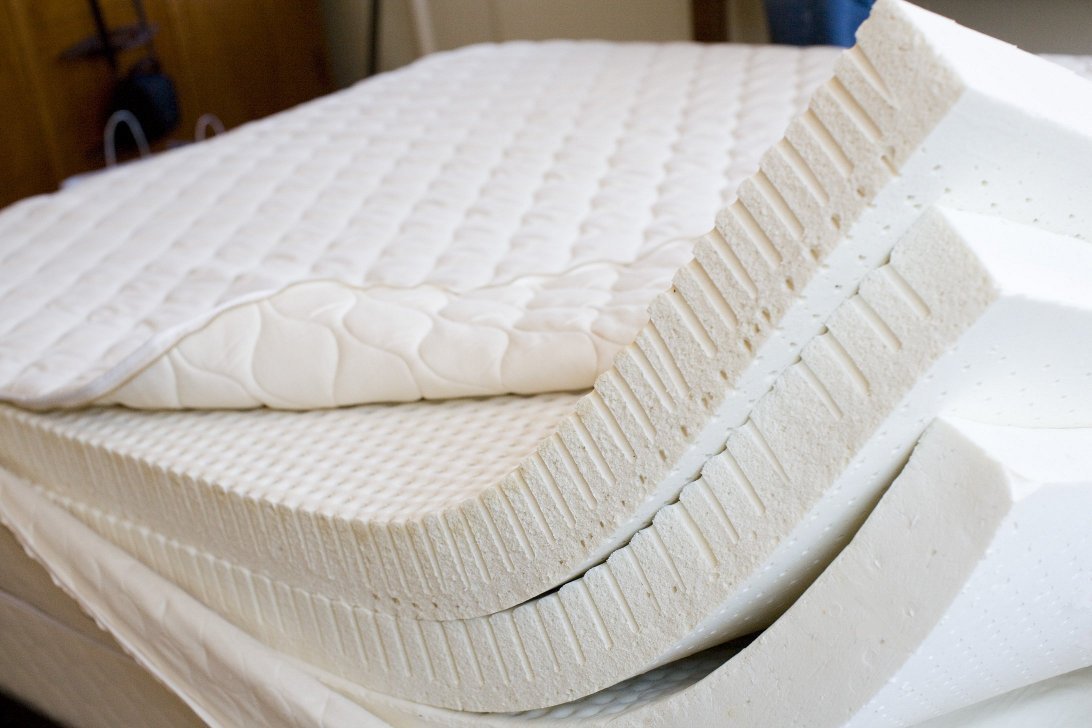1. Baking soda and vinegar solution
One of the most popular and effective remedies for a slow draining kitchen sink is a simple mixture of baking soda and vinegar. Not only is this solution natural and non-toxic, but it also helps to break down any buildup or clogs that may be causing the slow drainage.
To use this remedy, start by pouring half a cup of baking soda down the drain. Follow this with half a cup of vinegar, and quickly cover the drain with a cloth or stopper to contain the fizzing reaction. Let the mixture sit for 15-20 minutes, then flush the drain with hot water.
2. Boiling water
Believe it or not, sometimes the simplest solution is the most effective. If your kitchen sink is draining slowly, try pouring a pot of boiling water down the drain. This can help to dissolve any grease or other buildup that may be causing the slow drainage.
For best results, do this once a week as a preventative measure to keep your sink draining smoothly.
3. Plunger
If the slow drainage is caused by a simple clog, a plunger can be a quick and easy fix. Make sure to use a cup plunger specifically designed for sinks, as a regular toilet plunger won't be as effective.
Place the plunger over the drain and push down and pull up rapidly for a few minutes. This suction action can help to dislodge the clog and allow water to flow freely again.
4. Drain snake
If a plunger doesn't do the trick, a drain snake (also known as a plumbing auger) can help to reach clogs deeper in the pipes. Insert the snake into the drain and turn the handle, which will help to push the snake through the pipes and break up any clogs.
Make sure to wear gloves and be gentle when using a drain snake, as it can easily damage or scratch your sink if used too aggressively.
5. Salt and hot water
Another simple yet effective remedy for a slow draining kitchen sink is a mixture of salt and hot water. The abrasive texture of salt can help to scrub away any buildup in the pipes, while the hot water helps to dissolve it.
Start by pouring a cup of salt down the drain, followed by a pot of hot water. Let it sit for 15-20 minutes, then flush with more hot water.
6. Dish soap and hot water
If you don't have any baking soda or vinegar on hand, dish soap can also help to break down clogs and buildup in your kitchen sink. Pour a few tablespoons of dish soap down the drain, followed by hot water.
Let it sit for a few minutes, then flush with more hot water. The soap helps to lubricate the pipes, making it easier for any debris to flow through.
7. Enzyme-based drain cleaner
If you prefer to use a commercial drain cleaner, opt for one that is enzyme-based. These cleaners use natural enzymes to break down clogs and buildup, making them a safer and more eco-friendly option than harsh chemical cleaners.
Follow the instructions on the bottle and let the cleaner sit for the recommended amount of time before flushing with hot water.
8. Plumber's snake
If a regular drain snake isn't strong enough to break through a stubborn clog, you may need to use a plumber's snake. These are stronger and longer, allowing them to reach deeper into your pipes to dislodge clogs.
However, if you're not experienced with using a plumber's snake, it's best to call a professional plumber to avoid causing damage to your pipes.
9. Hydrogen peroxide and baking soda
For particularly tough clogs, a combination of hydrogen peroxide and baking soda can work wonders. Mix half a cup of each and pour it down the drain, then let it sit for 30 minutes before flushing with hot water.
The foaming action of this mixture can help to break up even the toughest clogs, leaving your sink draining smoothly once again.
10. Hot water and salt
As a preventative measure, you can also regularly flush your kitchen sink with a mixture of hot water and salt. This helps to keep buildup and debris from accumulating in your pipes, keeping them clear and your sink draining quickly.
Once a week, pour a pot of hot water down the drain, followed by a few tablespoons of salt. Let it sit for 15-20 minutes, then flush with more hot water.
By using these top 10 remedies for a slow draining kitchen sink, you can keep your sink running smoothly and avoid the frustration of standing water and slow drainage. Remember to regularly maintain your sink and pipes to prevent clogs and buildup, and call a professional plumber if you're unable to resolve the issue on your own.
Why It's Important to Address Slow Draining Kitchen Sinks

Avoid Costly Repairs and Keep Your Kitchen Functional
 Having a slow draining kitchen sink can be a frustrating and inconvenient problem. Not only does it make washing dishes and preparing meals more difficult, but it can also lead to bigger issues if left unaddressed. Ignoring a slow draining sink can ultimately result in clogged pipes and costly repairs. It's important to address this issue as soon as possible to keep your kitchen functioning properly and avoid potential damage to your plumbing system.
One of the main causes of a slow draining kitchen sink is a buildup of food particles and grease
. Over time, these substances can accumulate in your pipes and create a blockage, causing water to drain slowly or not at all. This can also lead to unpleasant odors coming from your sink, making it an even more unpleasant experience.
Having a slow draining kitchen sink can be a frustrating and inconvenient problem. Not only does it make washing dishes and preparing meals more difficult, but it can also lead to bigger issues if left unaddressed. Ignoring a slow draining sink can ultimately result in clogged pipes and costly repairs. It's important to address this issue as soon as possible to keep your kitchen functioning properly and avoid potential damage to your plumbing system.
One of the main causes of a slow draining kitchen sink is a buildup of food particles and grease
. Over time, these substances can accumulate in your pipes and create a blockage, causing water to drain slowly or not at all. This can also lead to unpleasant odors coming from your sink, making it an even more unpleasant experience.
Easy and Affordable Remedies
 Fortunately, there are
simple and affordable solutions
to address a slow draining kitchen sink. One option is to use a mixture of baking soda and vinegar to break down any buildup in your pipes. Simply pour a cup of baking soda down the drain, followed by a cup of vinegar. Let it sit for a few minutes before flushing it with hot water. This natural remedy can help break down any clogs and keep your pipes clean.
Another option is to use a plunger to dislodge any stubborn blockages. Make sure to cover the overflow hole with a wet cloth before plunging to create a strong suction. You can also try using a drain snake, which is a long, flexible tool used to remove debris from pipes.
Fortunately, there are
simple and affordable solutions
to address a slow draining kitchen sink. One option is to use a mixture of baking soda and vinegar to break down any buildup in your pipes. Simply pour a cup of baking soda down the drain, followed by a cup of vinegar. Let it sit for a few minutes before flushing it with hot water. This natural remedy can help break down any clogs and keep your pipes clean.
Another option is to use a plunger to dislodge any stubborn blockages. Make sure to cover the overflow hole with a wet cloth before plunging to create a strong suction. You can also try using a drain snake, which is a long, flexible tool used to remove debris from pipes.
Prevent Future Issues
 To prevent a slow draining kitchen sink from becoming a recurring problem,
make sure to properly dispose of food waste and avoid pouring grease down your drain
. You can also install a drain strainer to catch any food particles before they enter your pipes.
In addition,
regularly cleaning your drains
with a mixture of hot water and dish soap can help prevent buildup and keep your kitchen sink draining smoothly.
To prevent a slow draining kitchen sink from becoming a recurring problem,
make sure to properly dispose of food waste and avoid pouring grease down your drain
. You can also install a drain strainer to catch any food particles before they enter your pipes.
In addition,
regularly cleaning your drains
with a mixture of hot water and dish soap can help prevent buildup and keep your kitchen sink draining smoothly.
Conclusion
 A slow draining kitchen sink may seem like a minor inconvenience, but it's important to address this issue as soon as possible to avoid bigger problems down the road. By using simple remedies and taking preventative measures, you can keep your kitchen sink functioning properly and avoid costly repairs. So don't wait until it becomes a major issue, tackle that slow draining sink and keep your kitchen running smoothly.
A slow draining kitchen sink may seem like a minor inconvenience, but it's important to address this issue as soon as possible to avoid bigger problems down the road. By using simple remedies and taking preventative measures, you can keep your kitchen sink functioning properly and avoid costly repairs. So don't wait until it becomes a major issue, tackle that slow draining sink and keep your kitchen running smoothly.

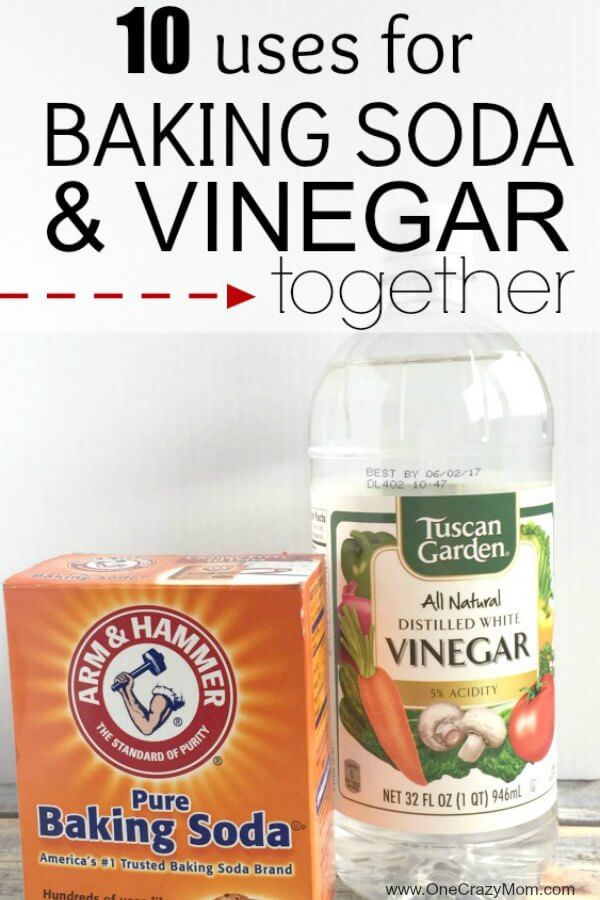

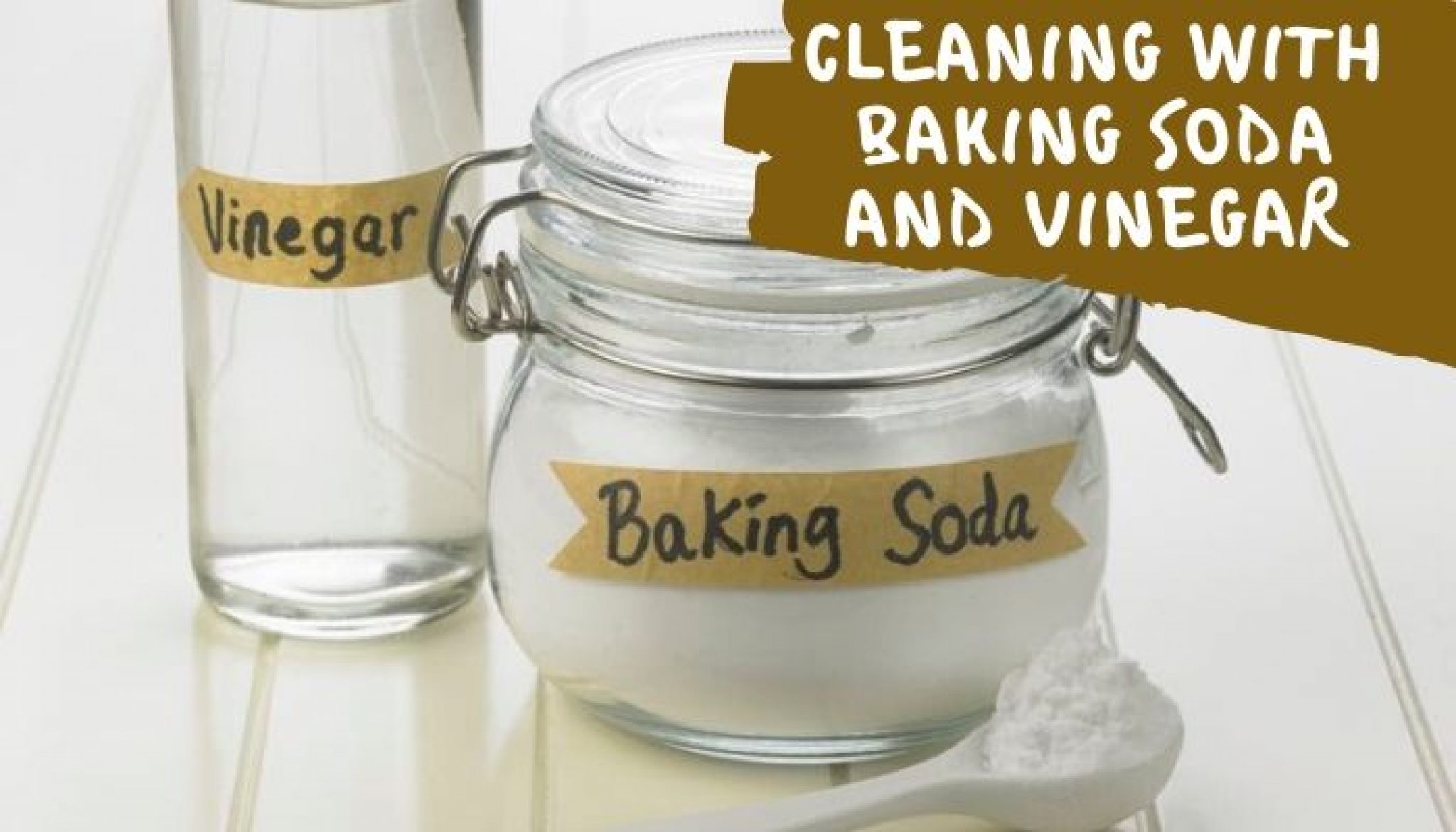
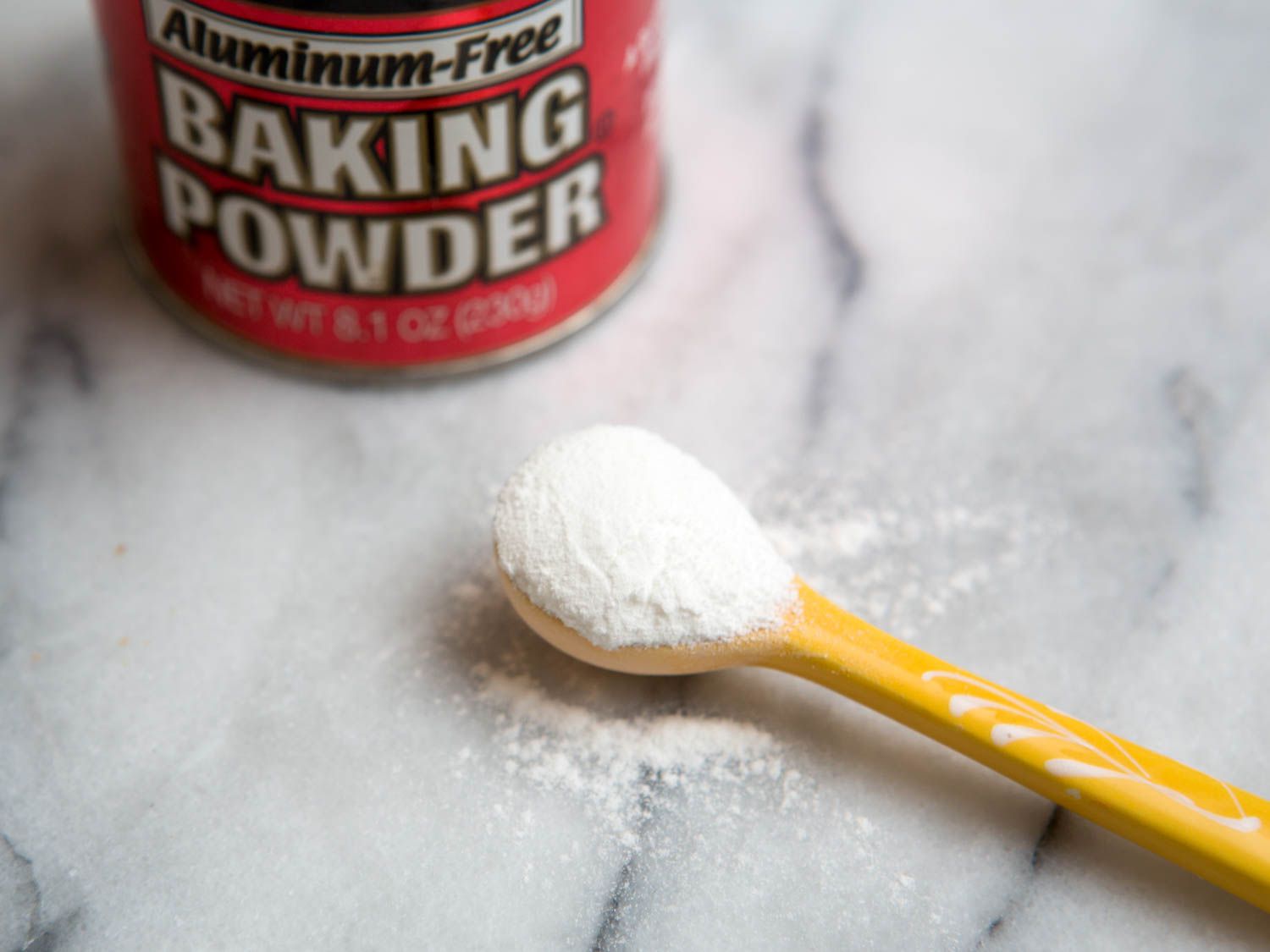



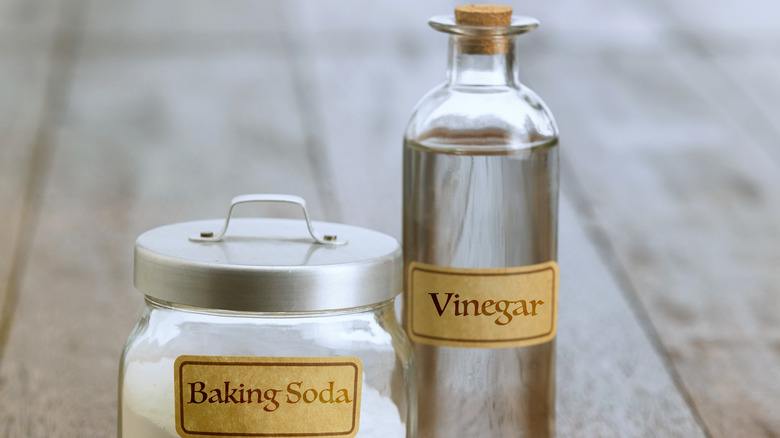

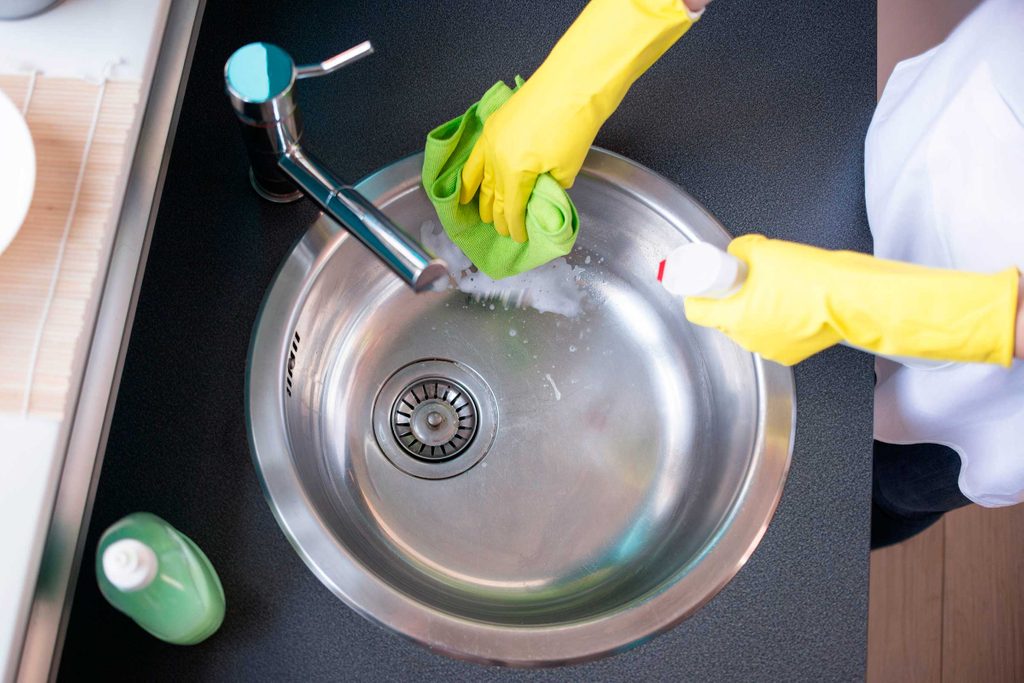





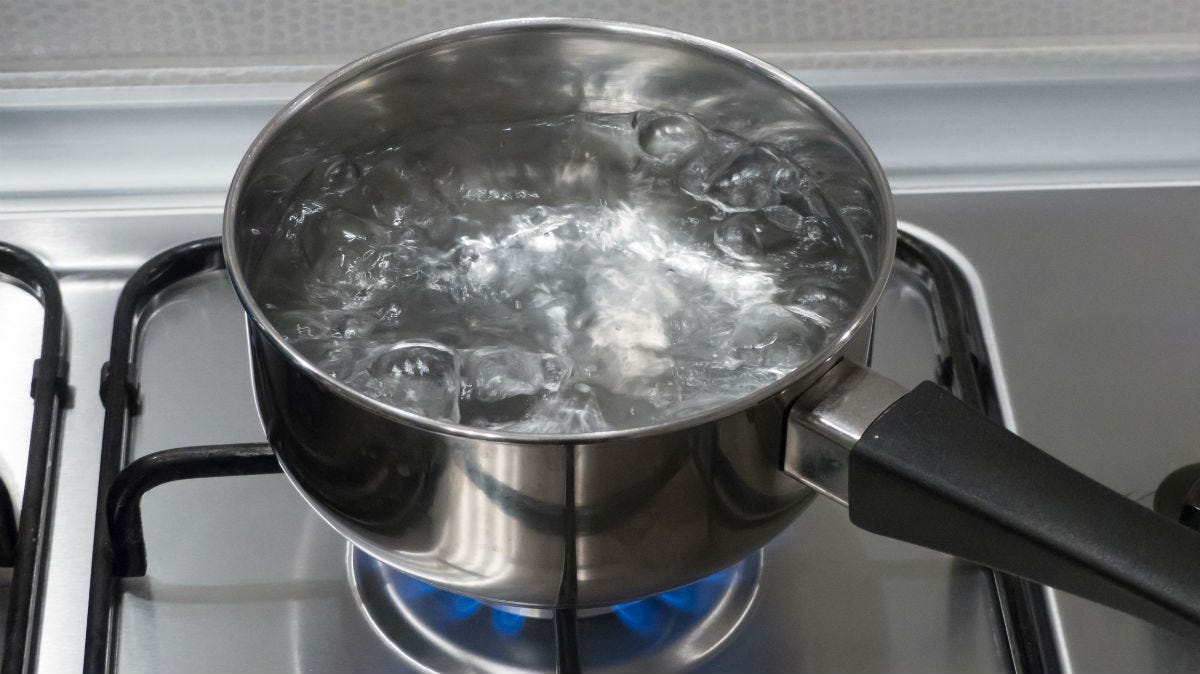
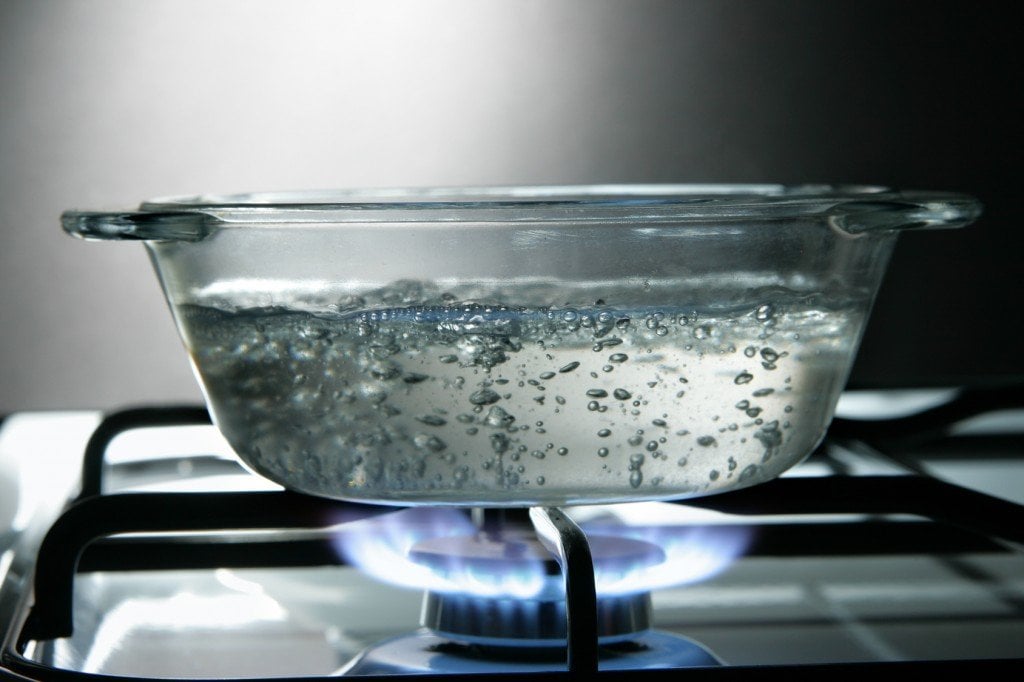


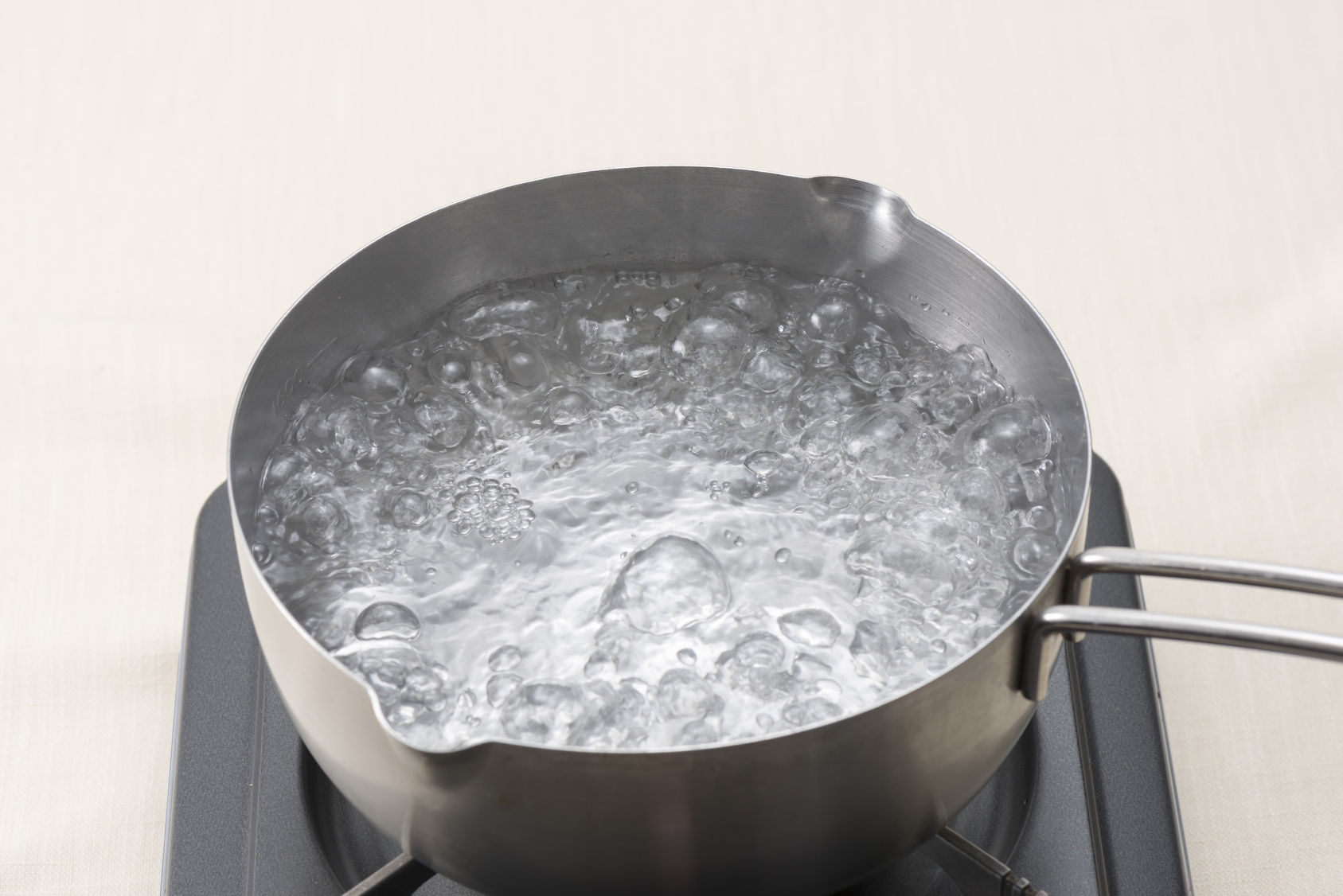
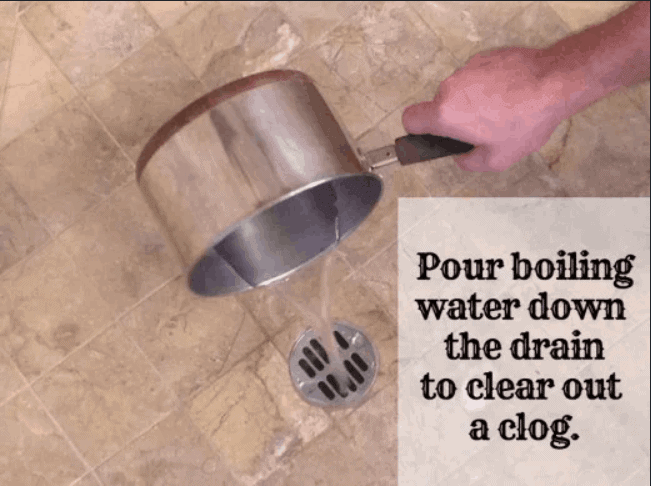
/boiling-water-on-gas-stove-143735234-5790aeb35f9b584d2005e949.jpg)

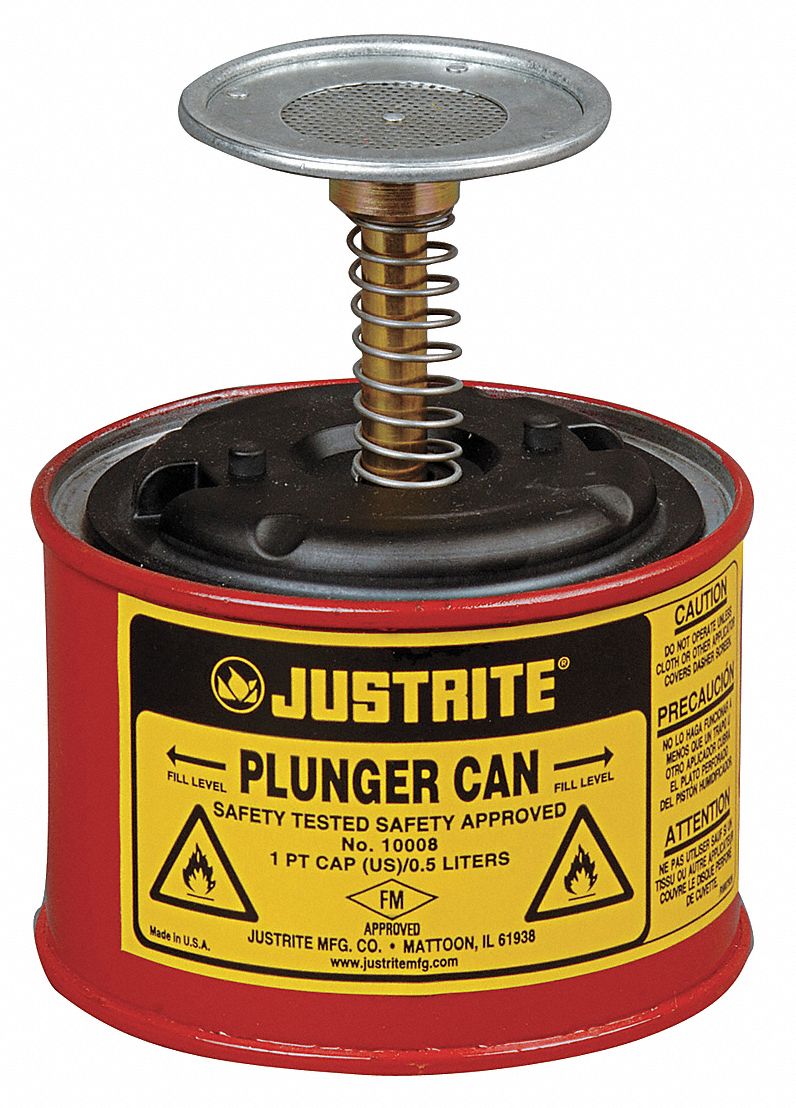

:max_bytes(150000):strip_icc()/toilet-plunger-80708184-5797d8885f9b58461f591260.jpg)


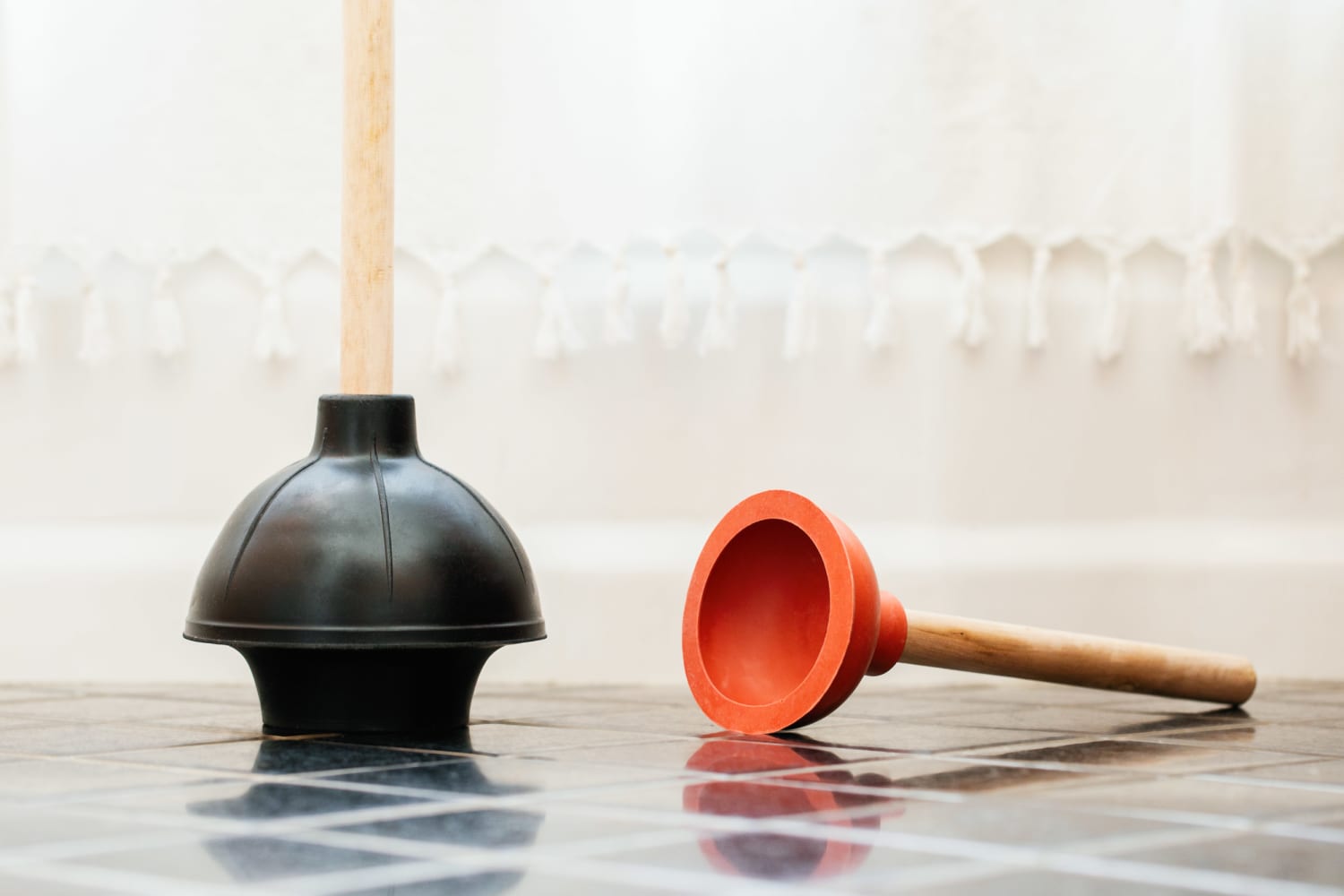





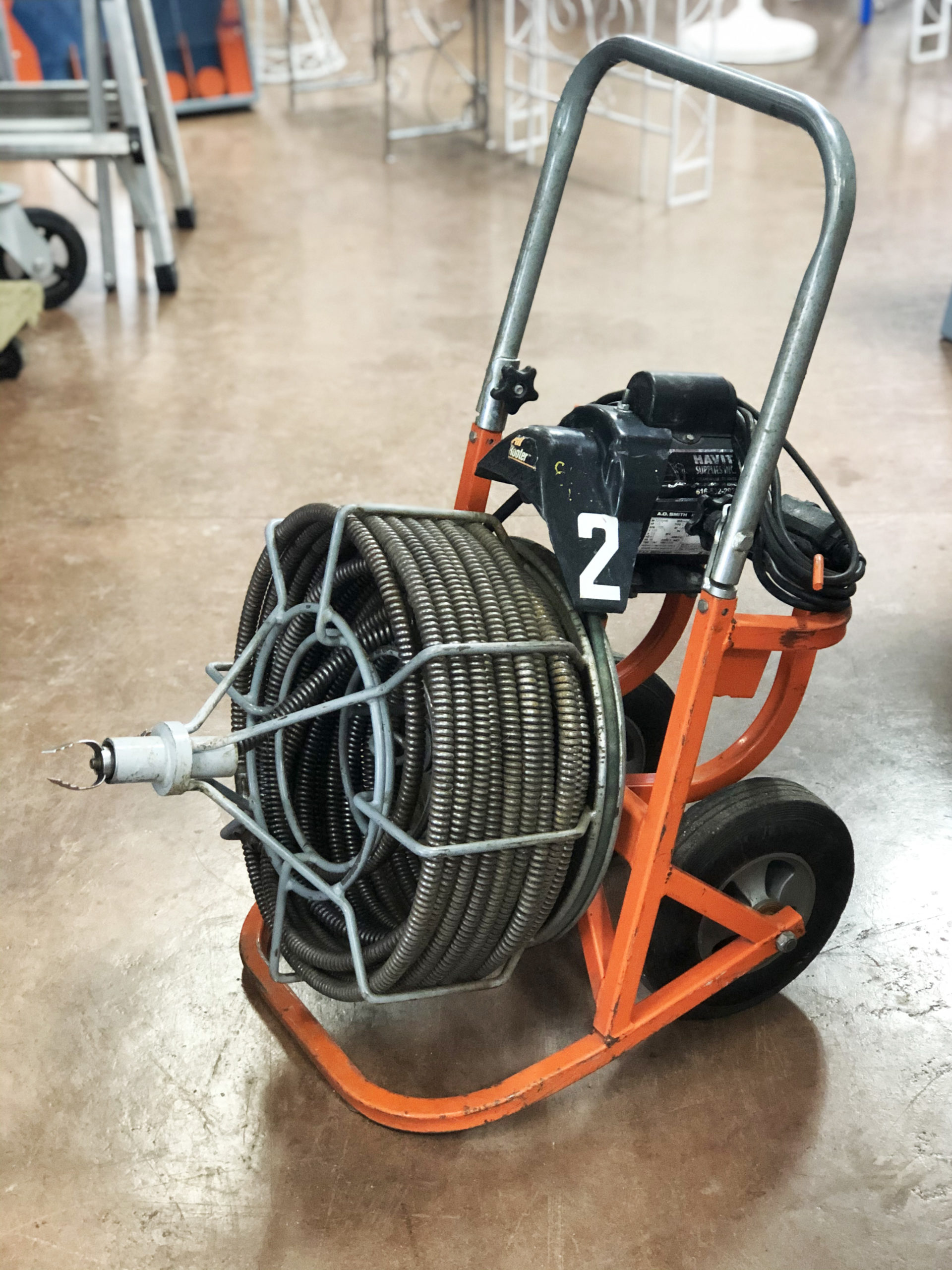
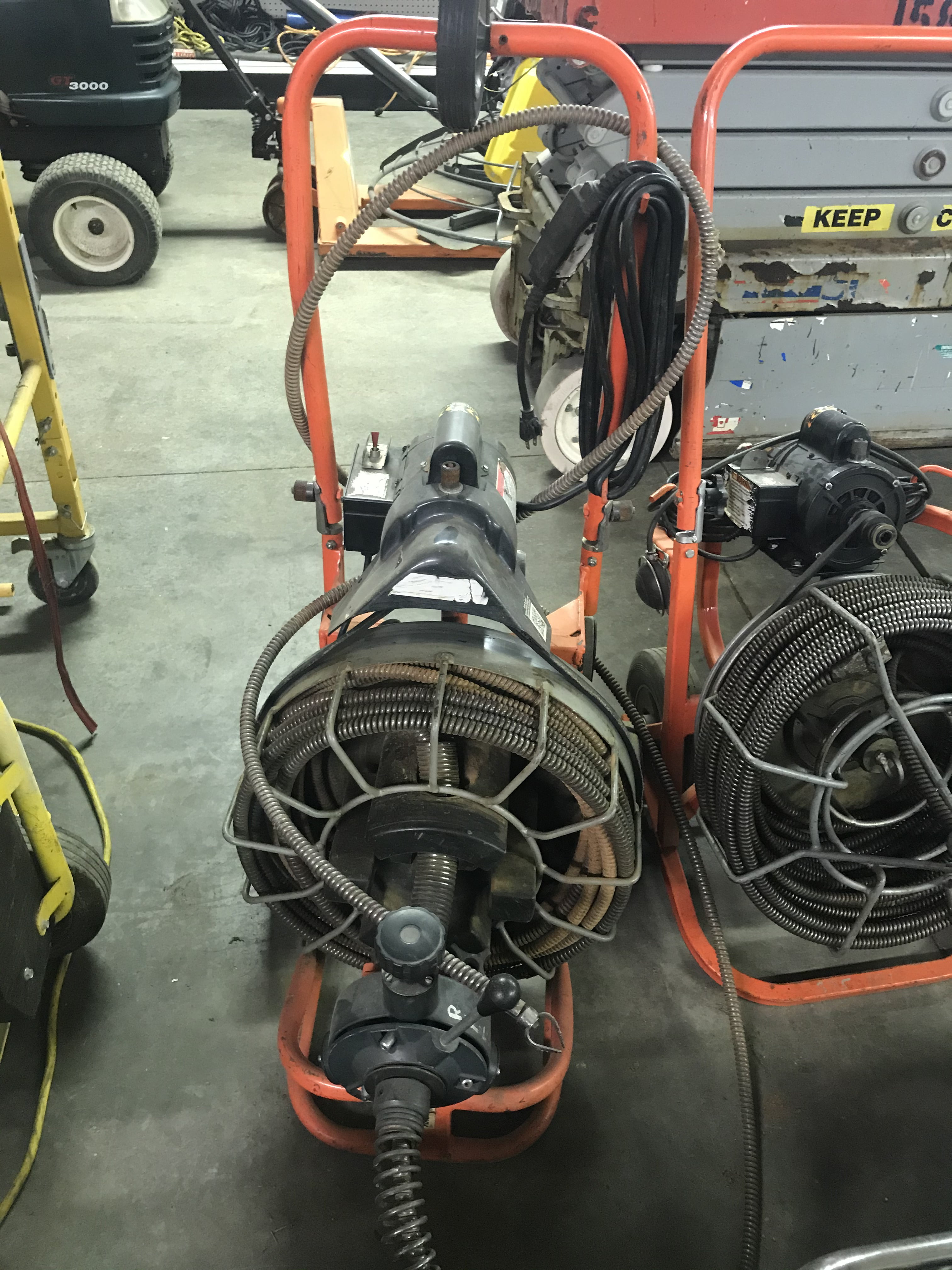
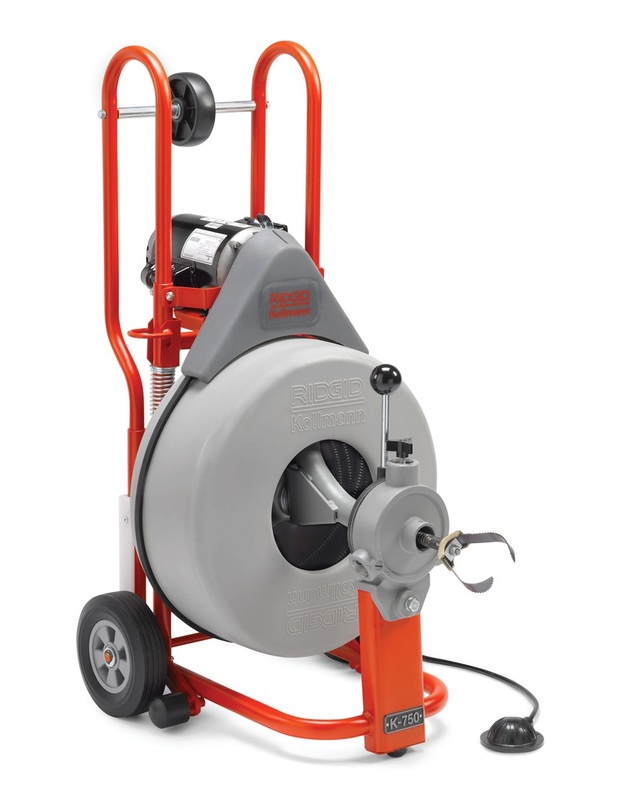
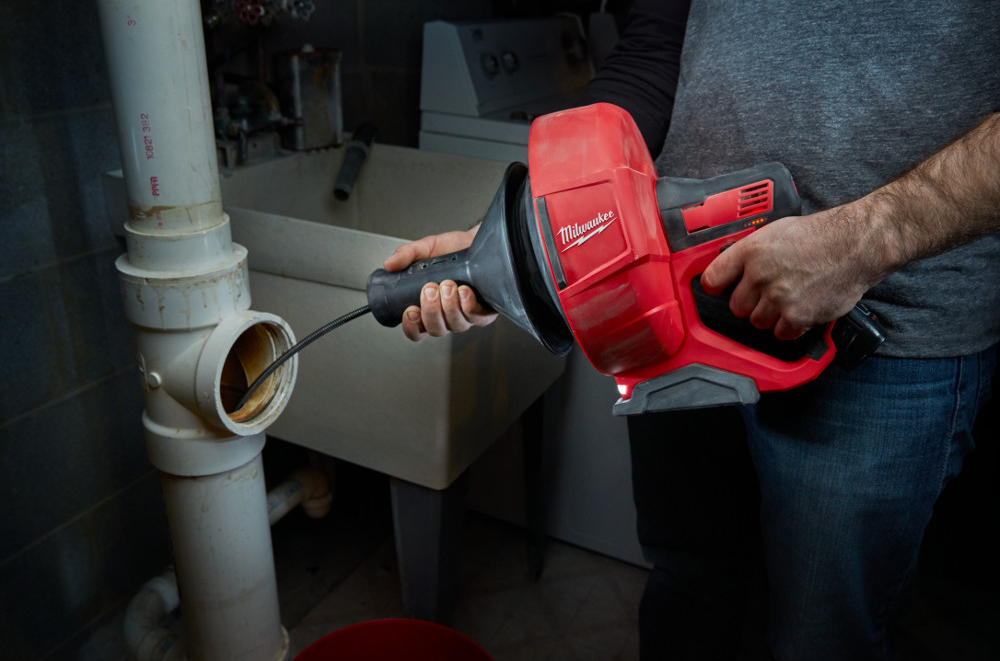
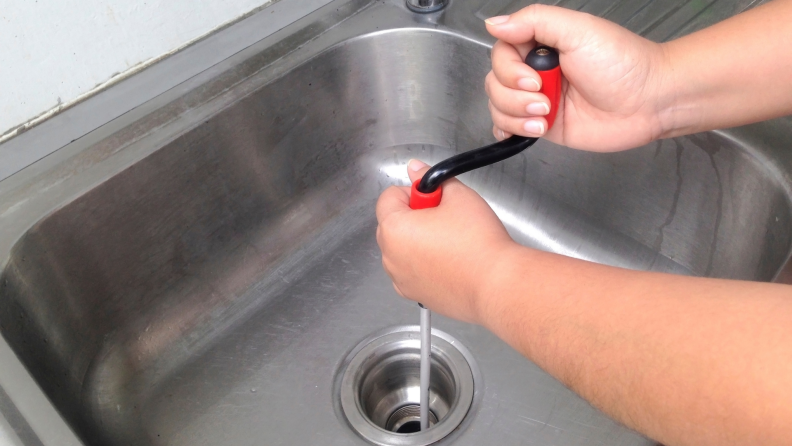

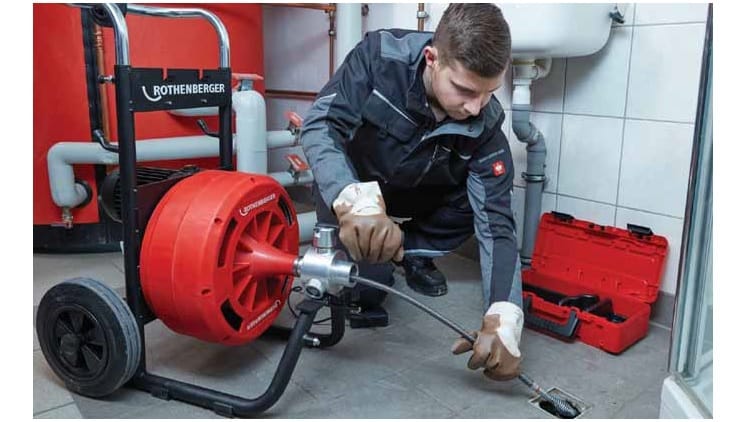




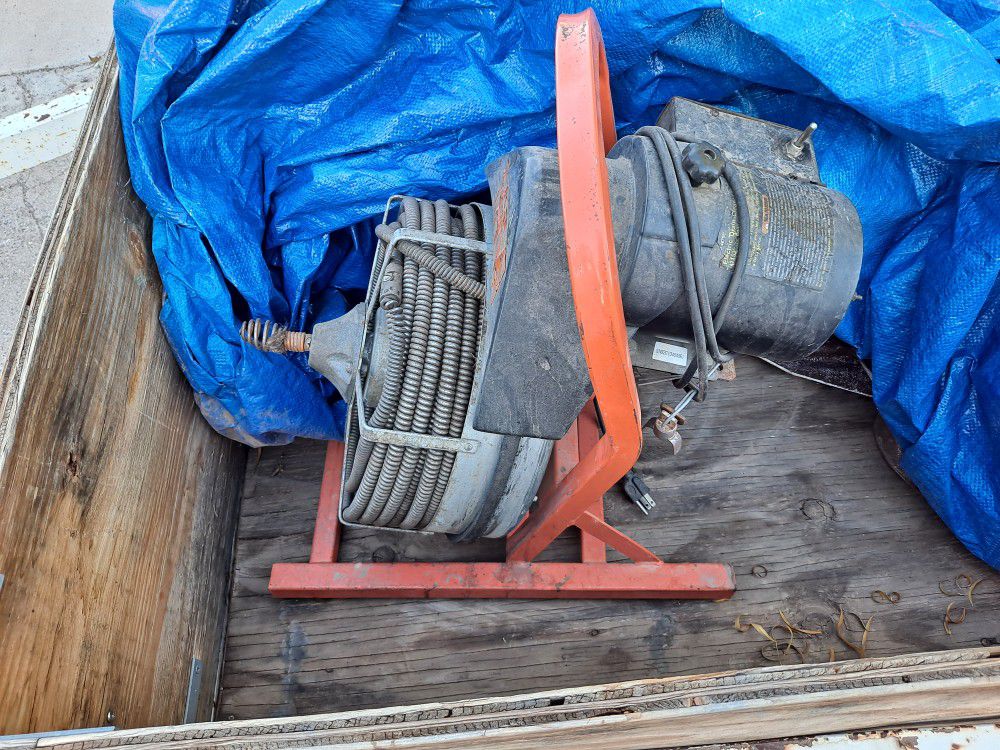
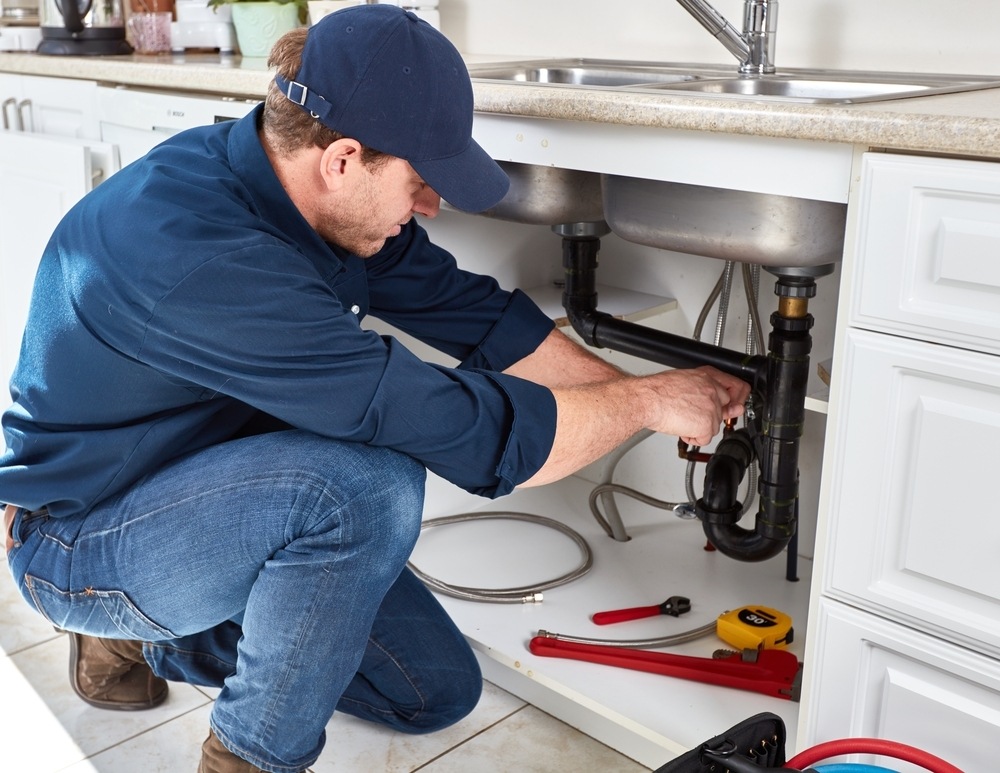







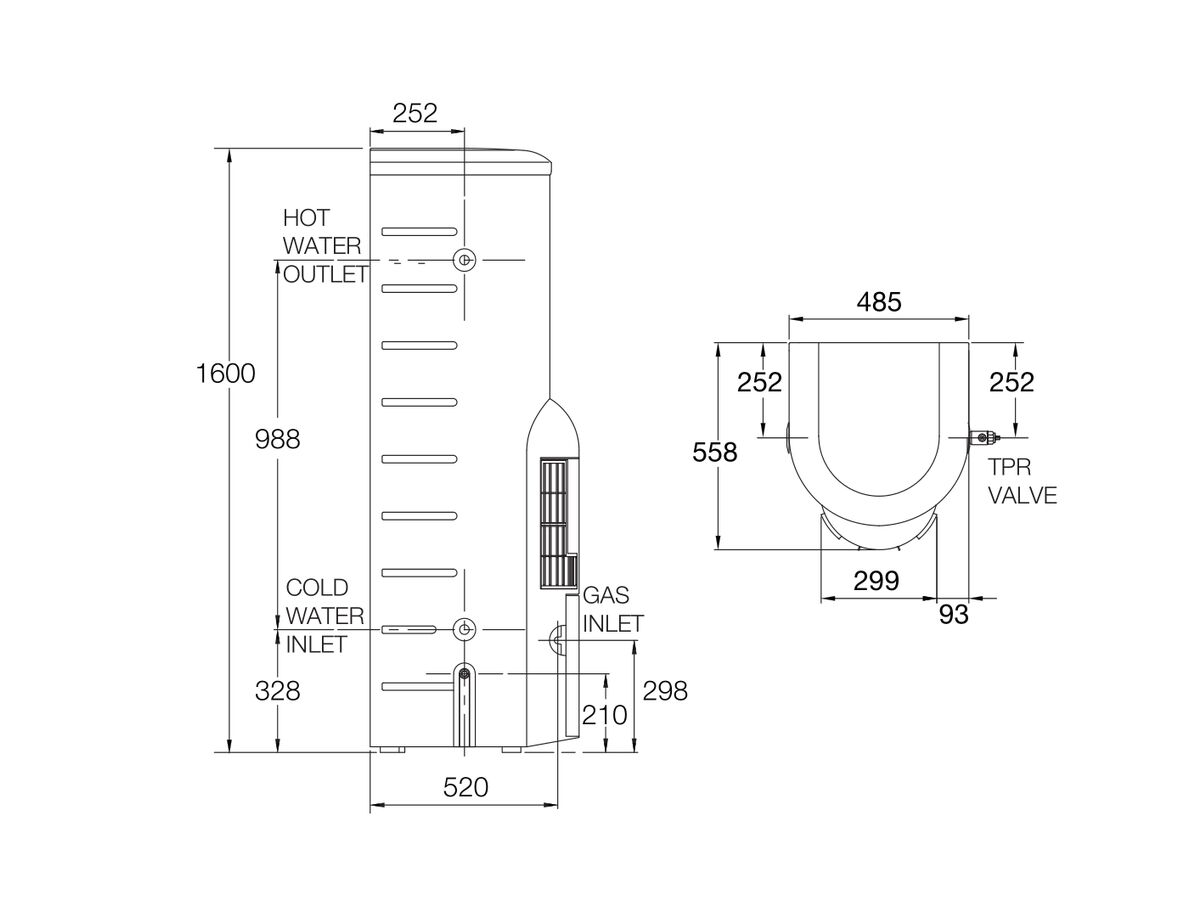




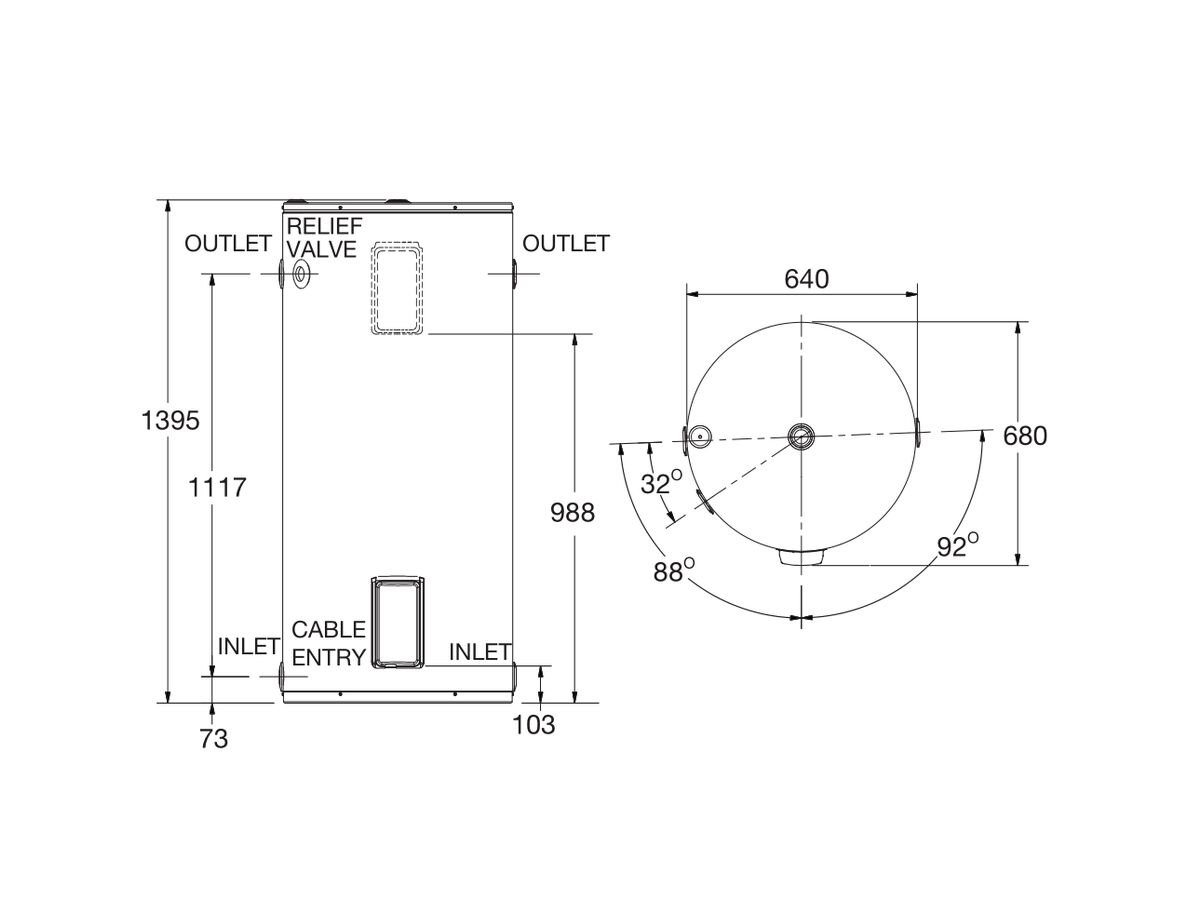






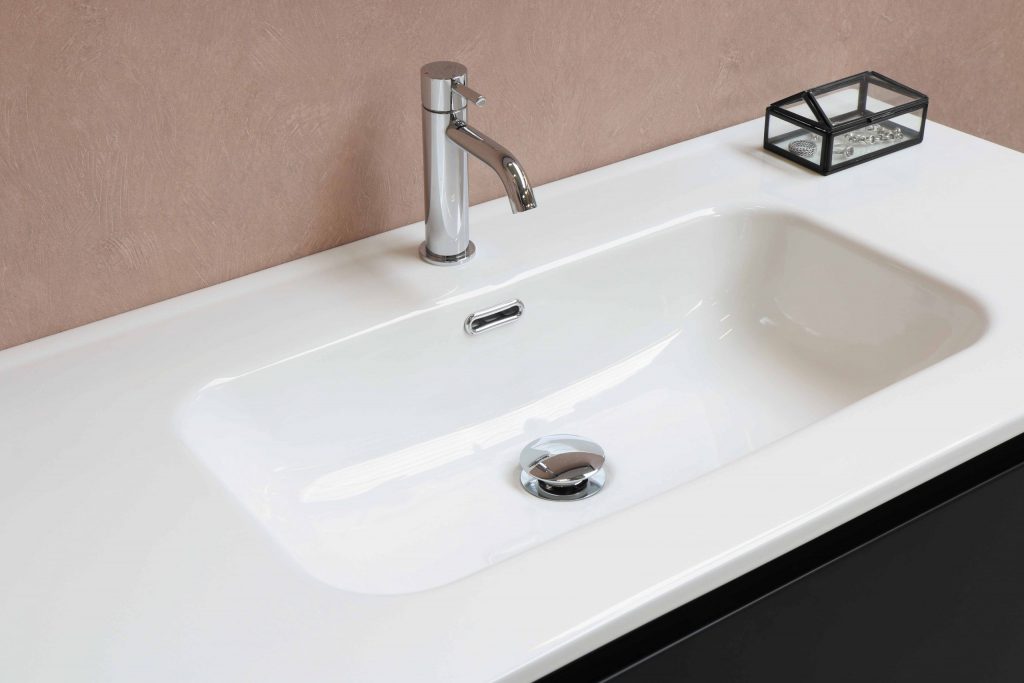




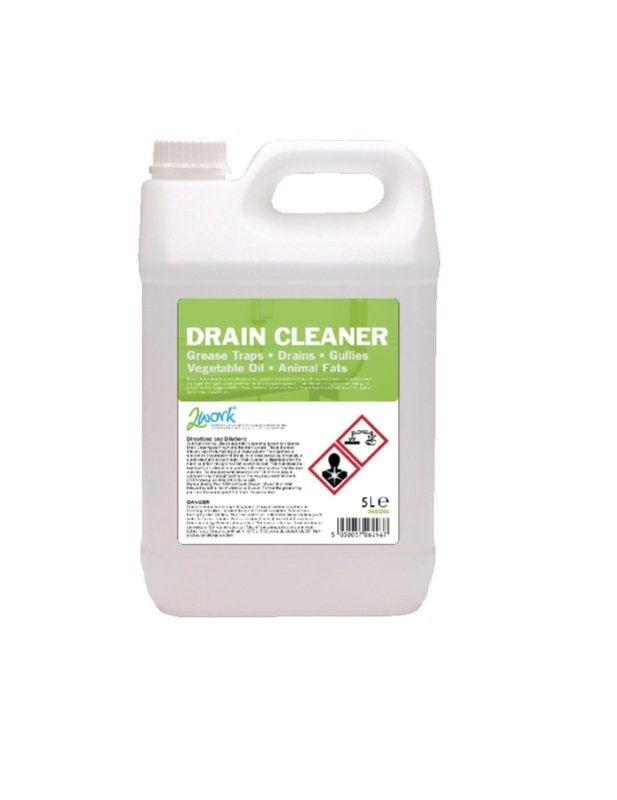
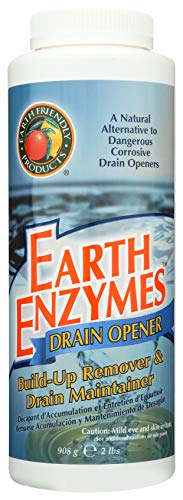










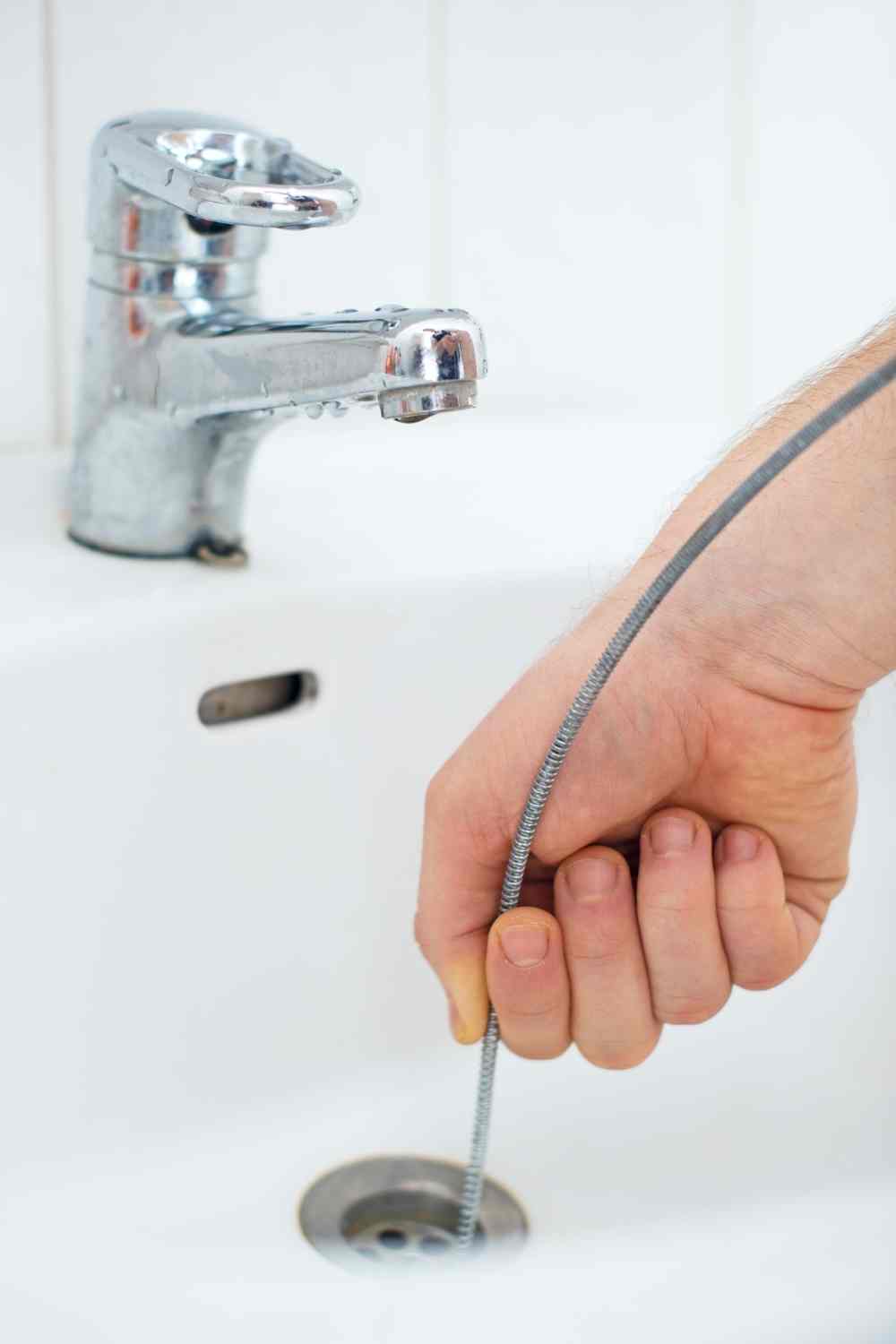





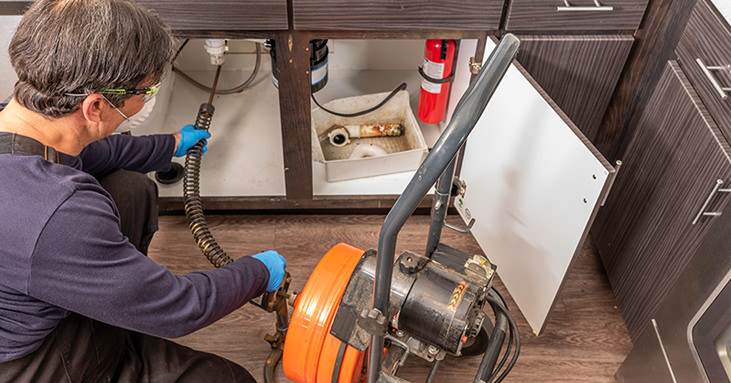

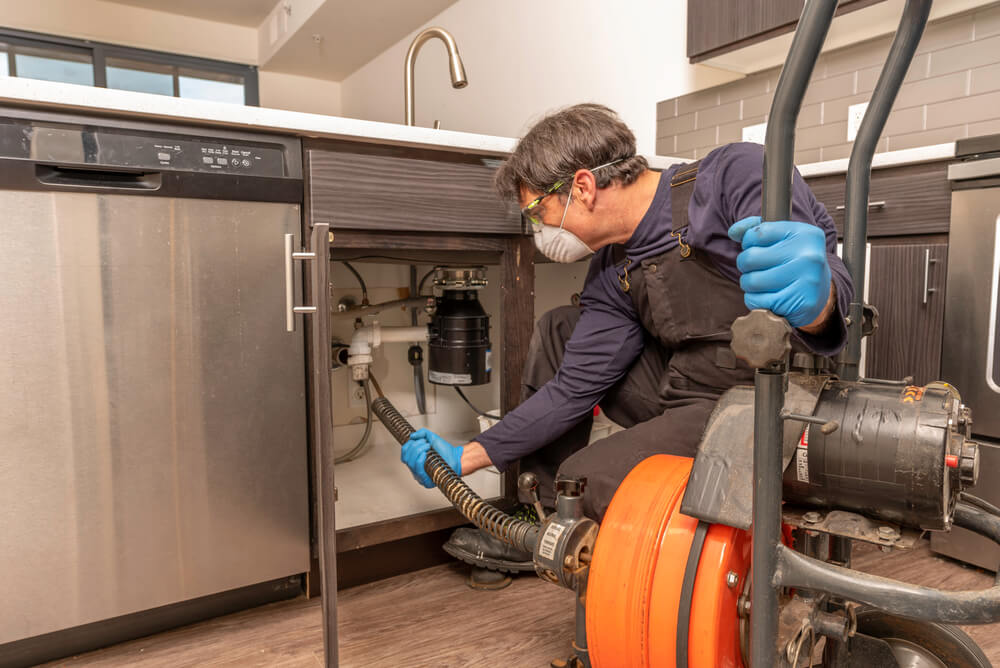
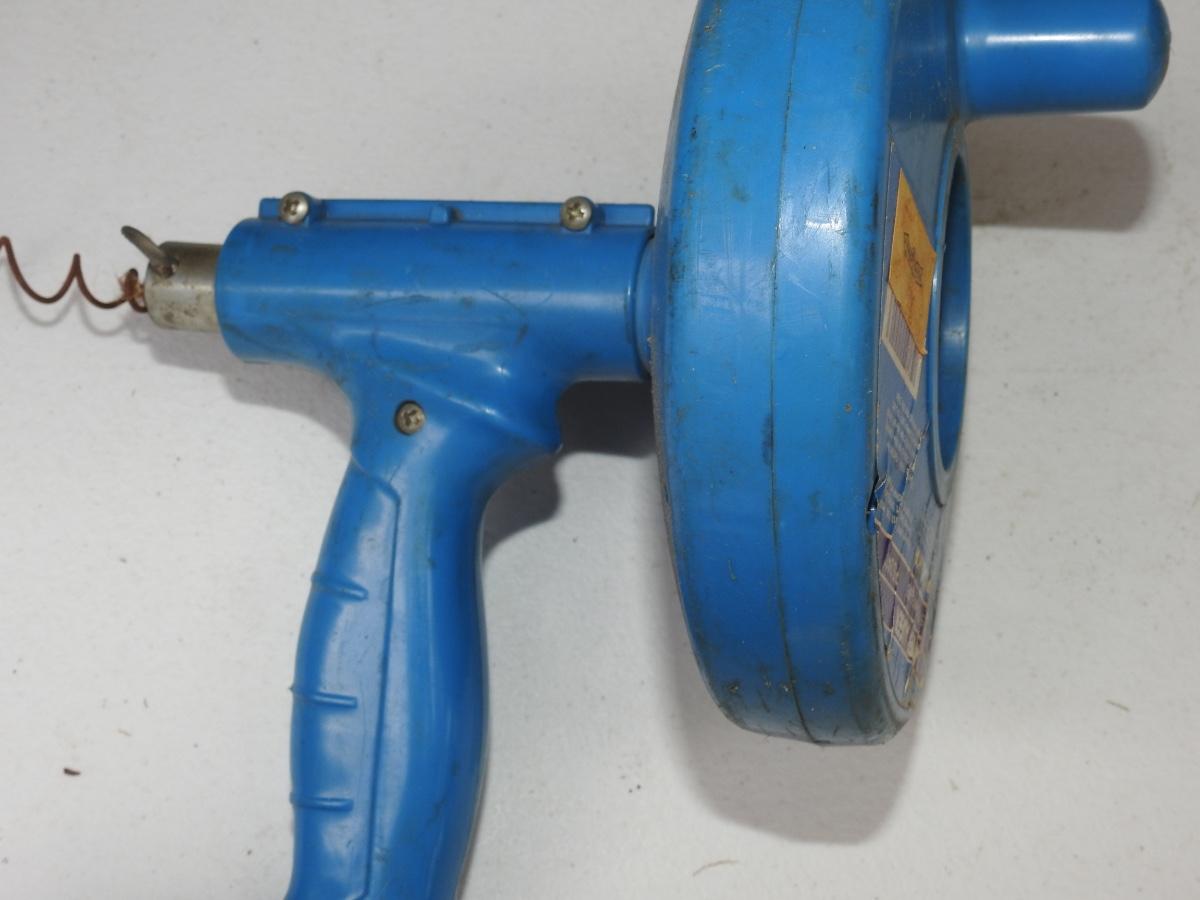
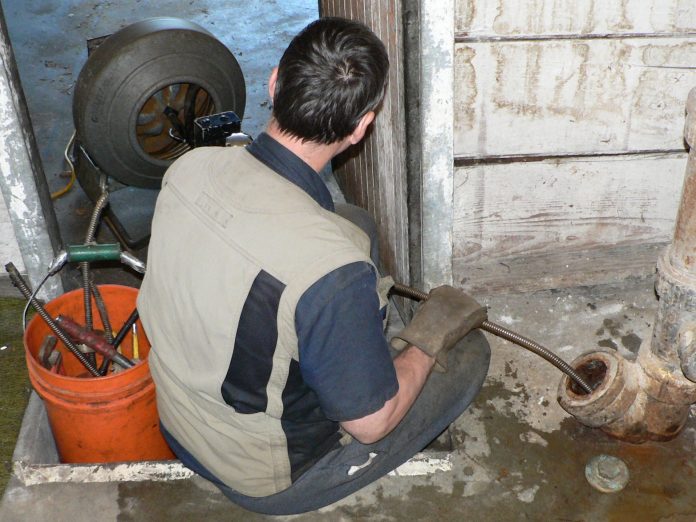





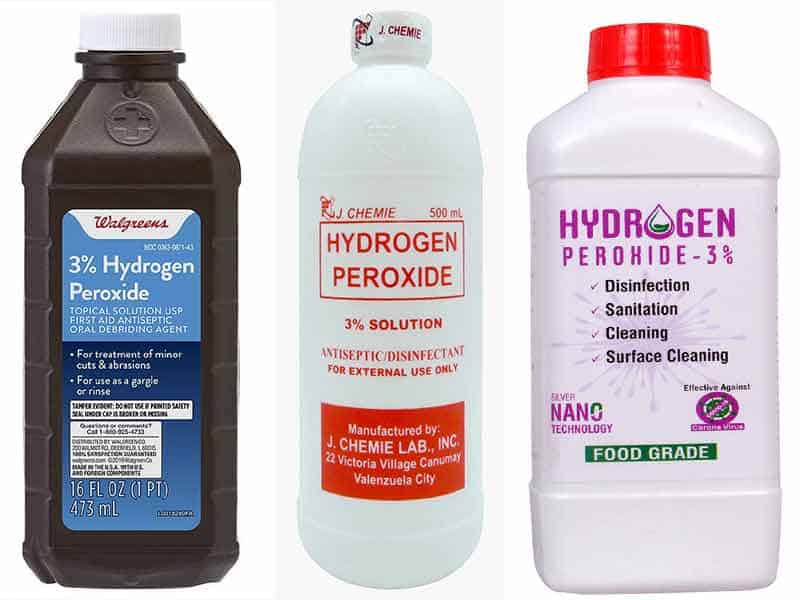


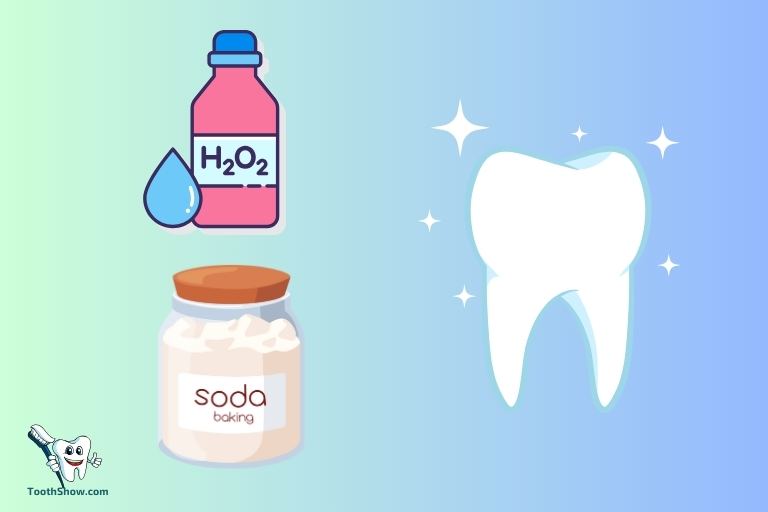

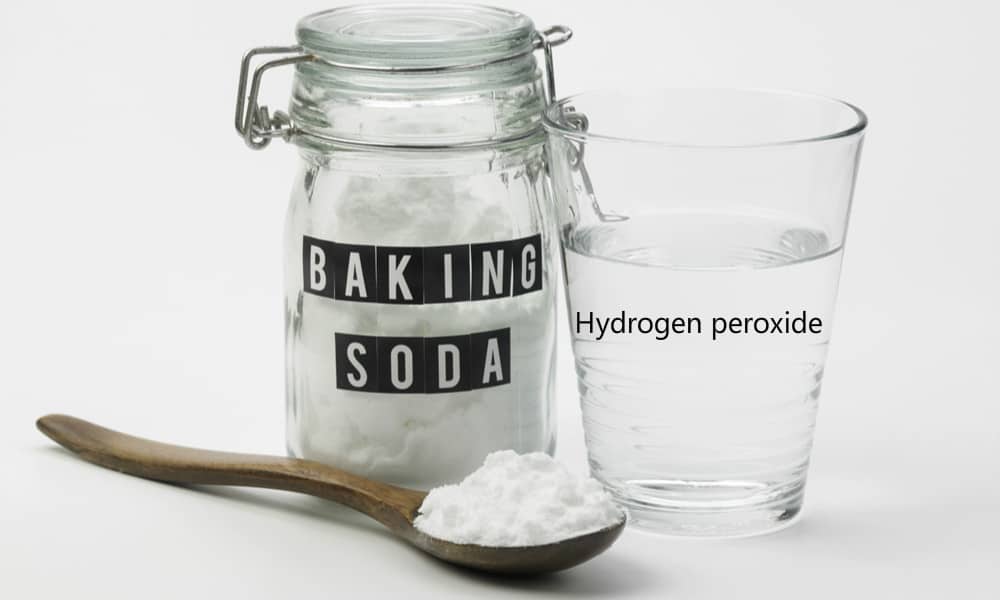
:max_bytes(150000):strip_icc()/Salting-Water-58ebd6245f9b58ef7e798efb.jpg)


